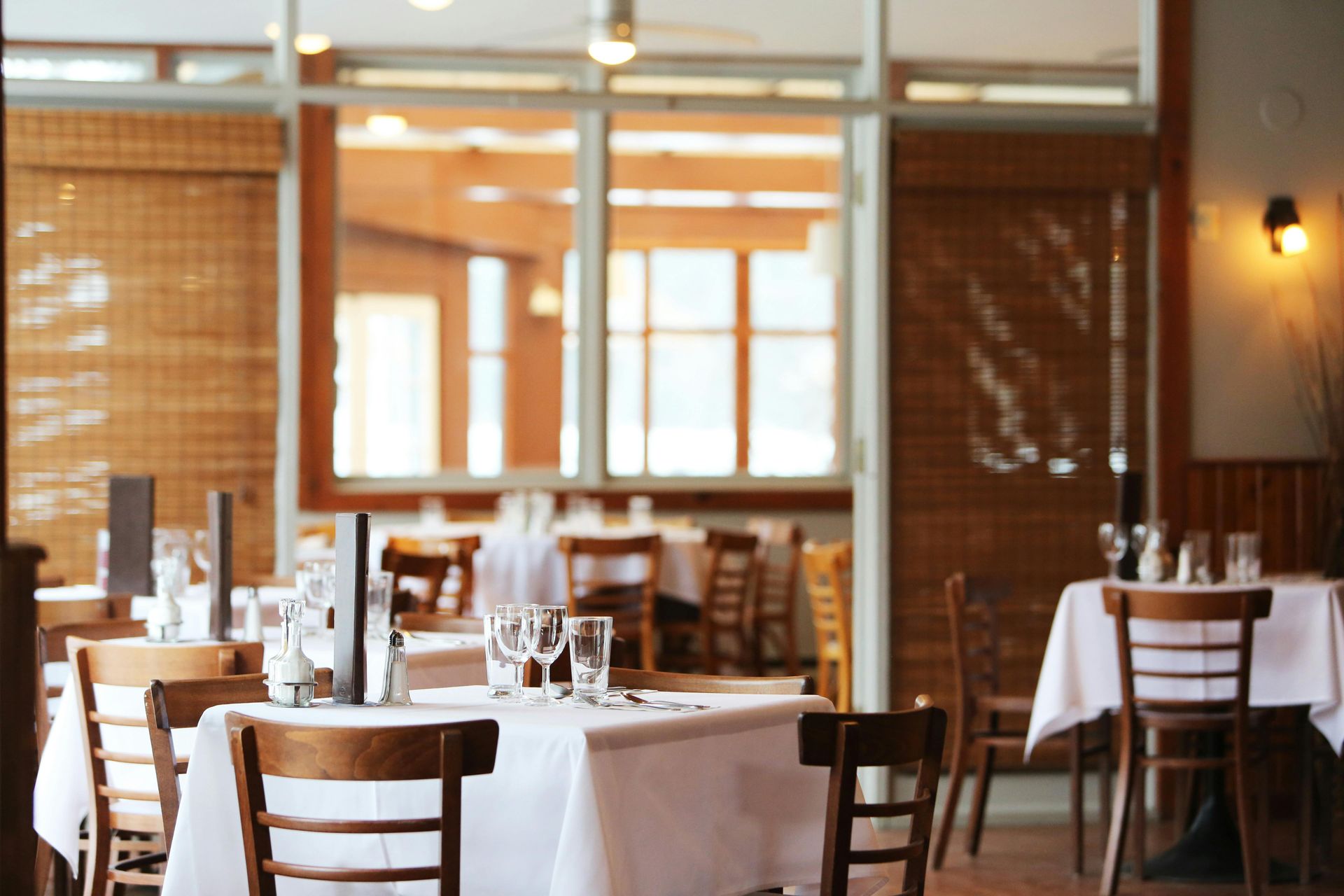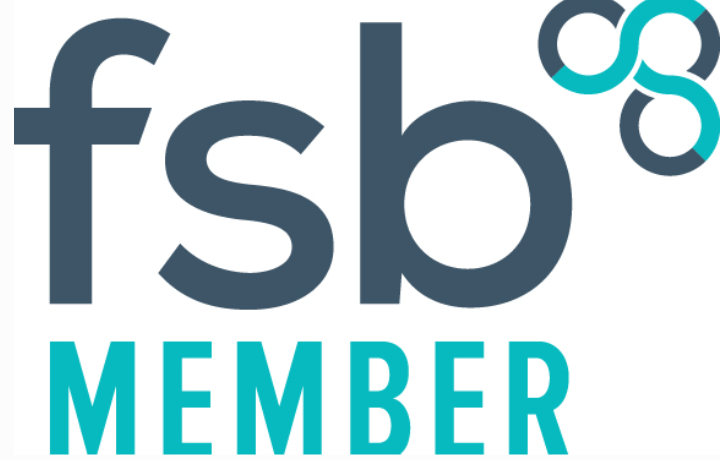Commercial property
Whether you are a seasoned investor, or this is the first commercial property you are selling – great care and consideration must be taken to ensure you are keeping in line with legal obligations and duties at all times.
A commercial property by definition is any type of building, the location of which is used to conduct business activities. This is a very broad definition, and it can take many different forms, from small sunbed shops to large warehouses or industrial plants.
There are several categories of commercial properties. These are officially classed by their uses, the most common of which include: retail, industrial, offices, leisure and healthcare.
See our below guide to the most important points to consider when selling your commercial property, after which we also outline our process to sell via auction.

Investors and landlords come to auction to buy properties and get to business quicker
Preparing to sell
Make sure that the property is presentable and in good condition. If repairs or improvements need to be done, it is worthwhile investing in them to make the property as attractive as possible to any potential buyers. This can include removing clutter, and large furniture or removing any business branding so that the new potential buyer can visualise their business in the property.
Getting your property valued
Getting the property valued is one of the most important steps in selling your commercial property. It is the point around which you can base all future negotiations on. The valuation will take into account: the property's current classed use, any repairs or improvements that need doing to the property, any current income yield from tenants and more.
Make sure to get your property valued by a commercial property expert, who has experience in selling your commercial property type and use. Here at Smart Auction UK, we have a dedicated team of commercial property experts and valuers who are able to value your commercial property free of charge. Value your commercial property here.
Appoint a solicitor
Selling a commercial property requires the right advice from your property solicitor. They will advise you on your current obligations, and how these will change once the selling process is underway, and after completion. They will represent you in the commercial property transaction process, legally sell it, and release you from the responsibilities associated.
Your solicitor will obtain the title deeds and plan of your property from the Land Registry, to ascertain the legal title of it. They will also ask you to provide the following documents:
- Commercial Energy Performance Certificate (EPC) – the buyer needs to see this as part of the sale.
- Lease Agreements—With any tenants you have, which provide lease terms and timescales.
- Planning Permissions, Property Use Class and any lawful use certificates—any planning permissions that have been approved in the past, current use and any past uses, if known.
- Details of business rates, stamp duty land tax and any other costs the buyer will be liable for.
- Property Information and Management Pack (if applicable)—it may be that your property is part of a larger property that needs to be taken into account.
- Insurance documents – to detail any special risks or other details needed for the prospective buyer.
There may be other specific documents that your solicitor will ask from you, depending on the nature and complexity of your commercial property or its location, e.g., if near a petrol station.

You are not just selling the commercial premises. You are often selling the goodwill, the location and income generating potential
Choosing the right sale method
Choosing the right method to sell is paramount when selling your commercial property. Commercial investors and business owners don’t go to the open market when selling or buying their commercial premises. They have business connections or alternatively go to auctions, where they know buyers are serious and the process is quicker.
Modern online auctions are platforms by which commercial property is most commonly sold through, if you don’t already have a buyer.
Modern property auctions run around the clock, 24/7 for a cycle of 28 days, in which bidders can bid at any time, and it can be tracked at any point on a smartphone or laptop. A reserve price is set under which the property will not sell, and then a starting bid is also set to open the auction. Buyers bid, and as they don’t know the reserve price, we find that 80% of the time they bid above the reserve price, resulting in a happy seller. For our full process to sell, scroll on.
Estate agents are an option, but they often have a very limited buyer pool, which is most commonly made up of individuals and residential clients, so would not be suitable.
Selling a commercial property with sitting tenants
If you currently have tenants in your commercial property, there will be additional considerations to bear in mind when looking to sell. You will need to inform your tenants of the sale of the commercial premises whilst complying with legal requirements and notifying them of their rights. You will need their existing leases and rental income details to present to the prospective buyer as well.
Your solicitor will be able to advise you on any other specific considerations that will be individual to your commercial property, circumstances and its location.
Tax implications of selling your commercial property
When selling your commercial property premises, there may also be other tax implications for you to consider, to make sure you are complying with all applicable tax laws. These are:
- Capital Gains Tax (CGT) or Corporation Tax (if a Limited company)—this will depend on your existing income tax rate.
- Value Added Tax (VAT) – generally exempt when selling a property; however, seek expert tax advice as to individual circumstances.
- Income Tax – income tax will have to be paid if you are profiting from the sale of the commercial property. It may not apply if you are also immediately purchasing another property but seek advice regardless.
Always seek tax advice from a qualified professional as to your individual circumstances.
Timescales to sell your commercial property
It can take much longer to sell a commercial property than a residential property, due to additional considerations, the complexity of the transaction and the response rates of the buyer. This can be between several weeks to several months or more depending on the complexity, any mortgages, the responsiveness of the parties involved, and any other unexpected issues arise during the process. Working with experienced commercial property solicitors can help ensure a smoother and more efficient legal process.
How much will it cost?
There are a few costs associated with selling your commercial property to bear in mind. There are fees that must be paid to ensure you are legally complying with your duties and other fees on which you can save on.
- Marketing and agent costs – traditional commercial estate agents, usually charge around 2% of the property value and usually have a small commercial buyer pool. Consider whether selling via a modern online auction for free may be the route for you. Please see our page to see if auction is right for you.
- Legal fees – these will vary depending on the value of your commercial property, complexity of the transaction and the experience level of solicitor.
- Mortgage redemption fees – if you currently have a mortgage on the property you are selling, there may be redemption fees to take into account.
- Mortgage arrangement fees – if you are also purchasing another property, you may have fees associated with the next mortgage.
- Removal costs – different businesses have different amounts of equipment needed to conduct their business. Factor in whether a van may be appropriate for small office contents or whether a large removal truck will be needed for large commercial settings such as restaurants or factories.
- Bills – you will need to come to an agreement with the buyer in relation to the bills of the commercial property, when the cut off point is and when they take them over. Until the buyer takes them over formally, they remain the responsibility of the seller.
Top tip: if possible, ensure your commercial property is free from clutter or business branding, so the prospective buyer can imagine their own business in the premises

Commercial property auction selling process
First, we will speak with you and learn about your current situation and commercial property for sale. We will determine suitability for auction, explain our process, timescales and expected value you could get for your property.
In the initial stages, we will make sure you are fully aware of our process and how it all works and answer any questions or concerns you may have.
We will then proceed to assign an auction manager who will look after you, update and report back to you throughout the process. We go on to agree the secret reserve price, and we get to work with taking photos, advertising and preparing for future viewings.
You would then start the legal process (known as the Legal Pack) with a solicitor before the property is live on auction. This is done ahead of the auction, as when the auction finishes and the “hammer goes down” legal contracts are exchanged immediately, and the rest of the legal process is completed in 28 days.
Next, we place your property in auction with a starting bid on our live bidding platform. The starting bid is lower than the reserve price to generate interest. Commercial investors and landlords are experienced and will recognise the property is worth more, and see it as a bargain. Apart from our live bidding platform, the property is advertised in all popular online channels and shared with our vast network of investors and landlords, nationally and internationally.
Viewings take place, enquiries are made regarding your Legal Pack and bids start coming in. You can track the bids live 24/7 on our live bidding platform from your smartphone or laptop.
Our auction runs differently to a traditional auction. We don’t have a set auction date, time or physical location. We run an auction cycle for 28 days with an individual countdown attached to each property. Each property runs on an entirely different timescale, and buyers are advised to attentively watch the clock.
We want to make the auction as fair for everyone, as possible. We realise that in a standard auction or eBay listing, the most action happens in the last 10 minutes, and people can swoop in at the last few seconds and take a property off the market. This is why, we do things slightly differently here at Smart Auction UK. Whenever a bidder places a bid within the last 10 minutes of the auction, the countdown resets back to 10 minutes and starts counting down again.
At the end of the 28-day auction cycle, your property sells for the highest bid above the reserve price and the buyer pays the reservation fee and deposit straight away. As this is paid immediately, we have a very low backout rate of less than 1%.
The legal contracts are exchanged immediately at the end of the auction cycle and the remaining paperwork and legal formalities are finalised by your solicitor and you hand over your keys on day 28.
Conclusion
A commercial property sale may be one of the biggest assets held by you or your business, so giving the sale process careful consideration is important. Your commercial property may be very valuable due to its location, size, or income generating potential, all of which will need to be considered and advised on by a property expert, and a solicitor.
Here at Smart Auction UK, we have experts who have been dealing with commercial properties for decades, and are best placed to advise you as to the selling process of your commercial property and provide valuable market knowledge and insights of the sector.
Speak to an expert today on 0330 223 6118 or submit an enquiry here.







